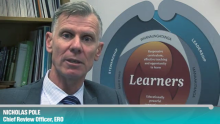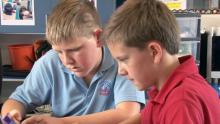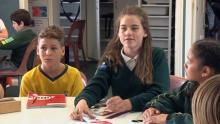Improvement in Action – Te Ahu Whakamua
The collection of videos and publications is called Improvement in Action and illustrates what works to achieve successful outcomes for all children and young people in the education system.
The video sequences bring to life ERO’s School Evaluation Indicators.















